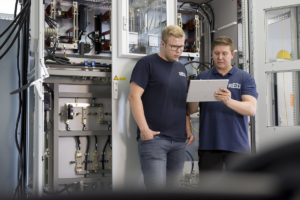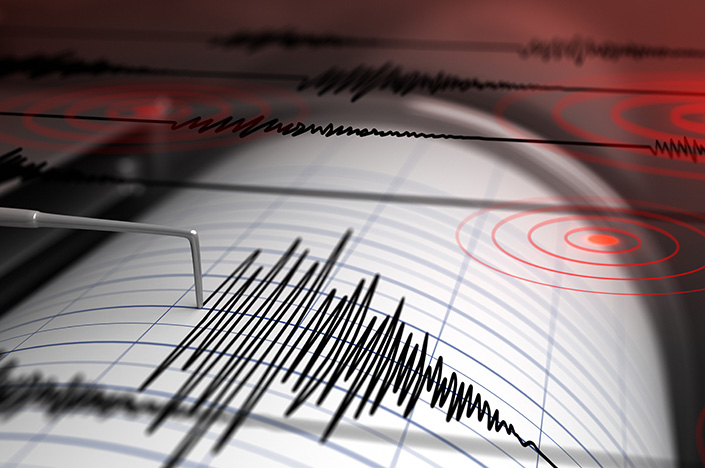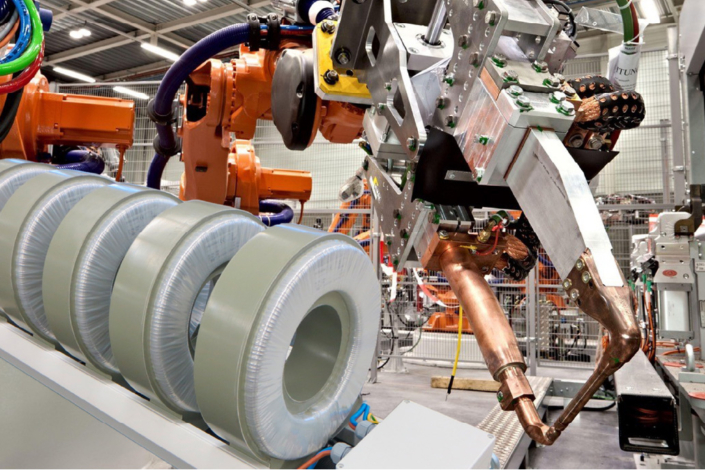›› TESTING FACILITIES FOR E-MOBILITY: ONE FOR THE EXPERTS

Solingen, 12 May 2021 – The automotive industry is facing new challenges when testing drive converters and components for electric vehicles. This is because components must be tested as part of a driving cycle (e.g. NEDC, Directive 70/220/EEC; Artemis cycle) which is as realistic as possible, in order to test them with the typical power conversion. REO AG, based in Solingen, is offering individual testing systems to meet this demand.
For the first time, driving cycles which meet strict legal standards and guidelines can now be readjusted with the newly developed testing systems from REO. Companies can also create and define their own testing sequences with the aid of individual operating profiles. The components can therefore be tested at the REO test stand under a wide variety of realistic conditions and loads.
REO is developing testing systems for electric vehicles which are individually customised to meet customers’ wishes. An example of this is the implementation of a specific power conversion. “We take both voltage sources and power sources into account for our REO testing systems, as well as ohmic and inductive loads.
Using the REO sources, the Artemis cycle can be programmed via a special LabVIEW software to make the DC source deliver a pattern in 100 ms,” says Thomas Stüttgen, Test Technology Manager at REO AG. He continues: “The testing unit is also suitable for a load with realistic operating profiles.” All individual developments demonstrate consistent high quality under the label Made in Germany. Because REO fully believes that our use of high quality materials, combined with our development and production experience, and our conversation of resources, are fundamental to ensuring durable products, reliability and satisfied customers. REO engineers have developed an overall picture of e-mobility with the aid of decades of experience in the field of railway technology, where REO continues to lead the way in flexibility, qualitative customer-specific solutions and new developments, and involvement in interdisciplinary research projects. From battery technology to the entire spectrum of electric motors to testing systems with high levels of quality.
One particular highlight is the high-profile research project for increasing the energy efficiency of vehicles through prediction, with 15 partners. The aim of this project is firstly an integration of a new kind of resistance generation, and secondly the interplay of thermal management in the vehicle. At the same time, efficient systems and an intelligent interplay of all energy-relevant components ensure minimal energy consumption in terms of light, heat management, drive trains and on-board energy networks. An intelligent interplay of all energy-relevant components plays an important role here.
These measures should visibly increase the scope of electric cars.
MORE CONTRIBUTIONS














